To ensure its research translates into real-world resilience, ICARDA invests in human capacity, inclusive policy design, and robust monitoring and evaluation systems, such as our work to empower rural women in the MENA region to implement agroecological approaches and to revive forgotten crops as a strategic asset to enhance resilience, increase livelihoods and boost food security.
By building knowledge, promoting equity, and capturing learning, ICARDA ensures that scientists, dryland communities, funders, and decision-makers have the information they need to transform sustainable dryland agriculture to secure a resilient and prosperous future.
Including farmers, scientists, and stakeholders trained by ICARDA programs.
Co-developed with partners to support sustainable transformation.
Doctoral candidates supported by ICARDA in completing their advanced studies.
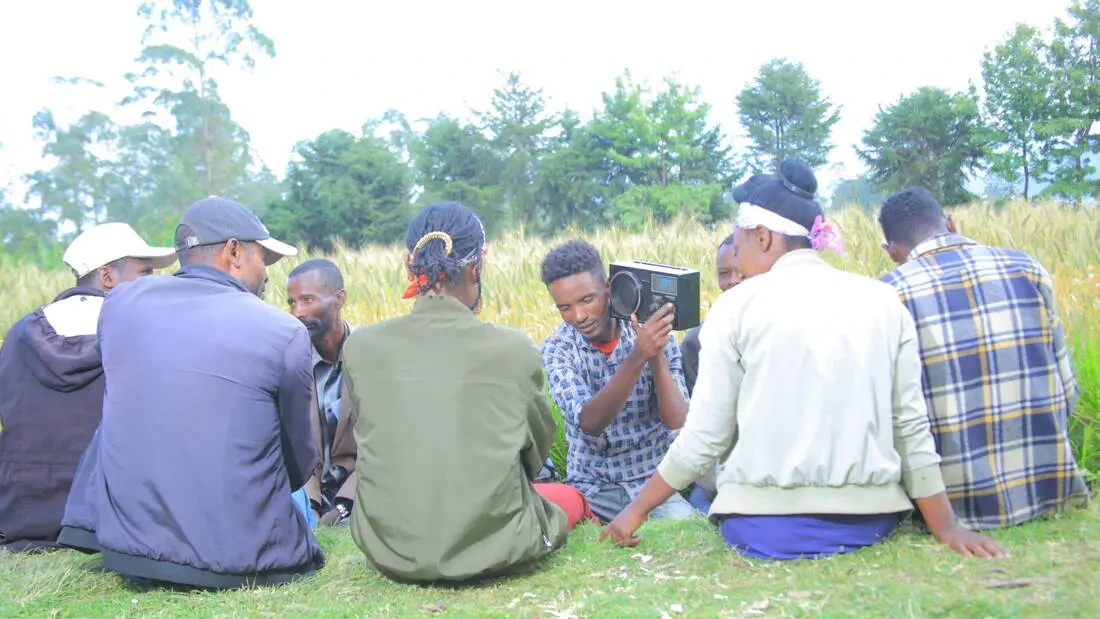
The Sheep Fattening Radio Program in Ethiopia is broadcasting practical advice to livestock producers in six native languages. Community dialogue, conversations, and drama engage listeners and encourage participation through comments, suggestions, and questions from listeners. Meanwhile, to address the harsh farming conditions of Uzbekistan’s Aral Sea Region, ICARDA and the Karakalpakstan Research Institute of Crop Husbandry (KRICH), with FAO support, launched a crop diversification initiative in Spring 2024. This introduced climate-resilient crops like chickpea, lentil, and mungbean to farmers, many of whom were unfamiliar with them, and showcased their potential to improve soil health, water efficiency, and rural livelihoods.
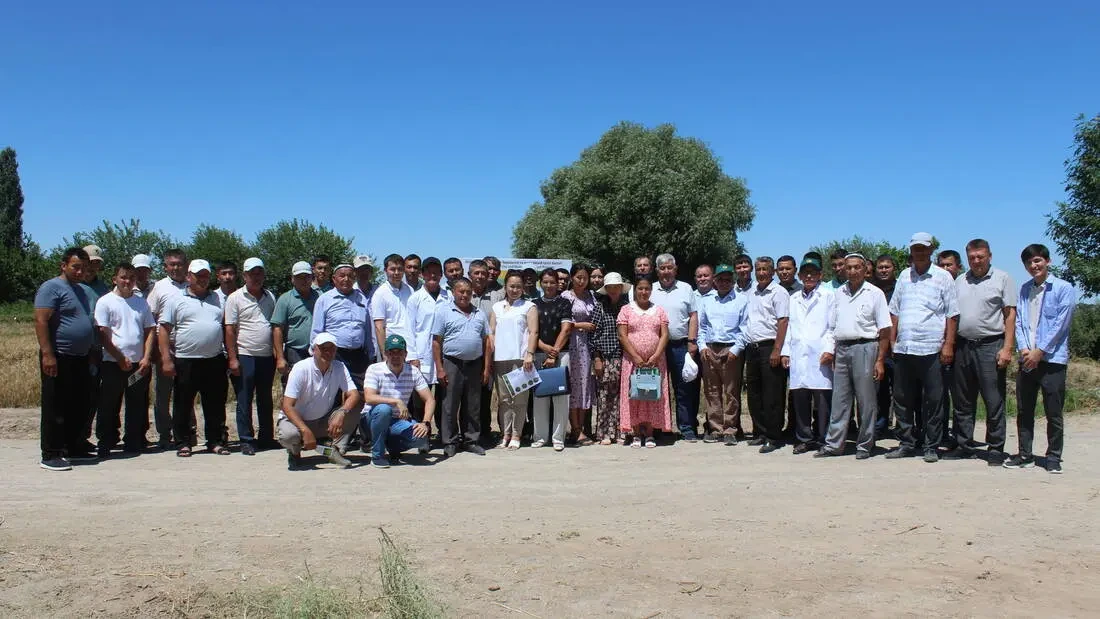
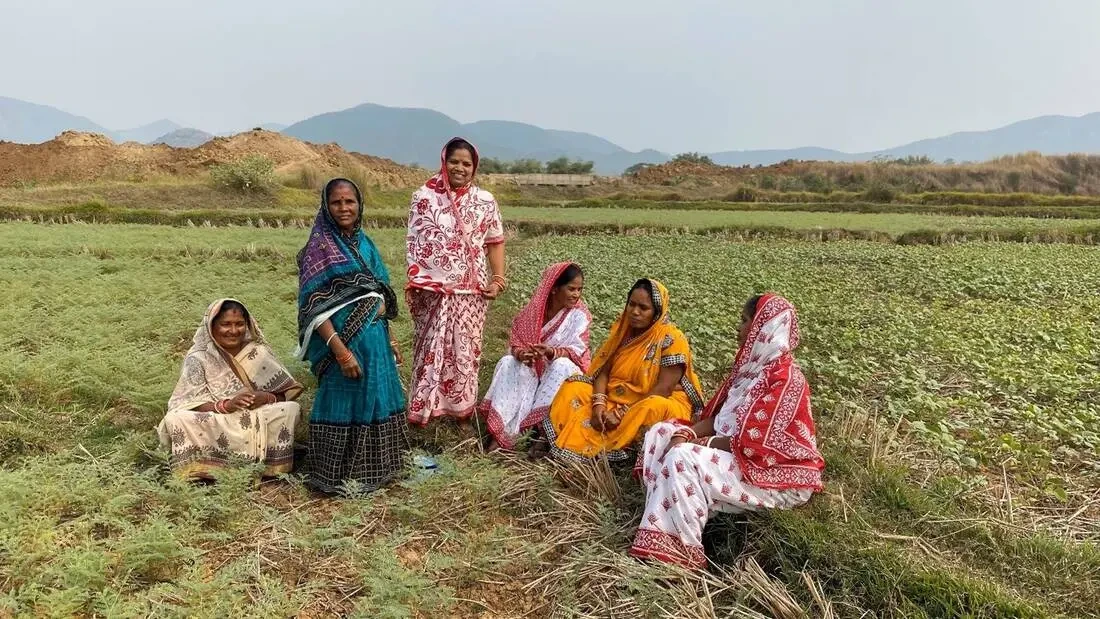
In Odisha, ICARDA and partners co-hosted a workshop to scale the adoption of climate-smart pulse varieties and cropping systems for improved livelihoods. Stakeholders shared insights on how best to integrate cutting-edge technologies with traditional knowledge, such as the introduction of moisture meters to improve water efficiency. In February, a farmers’ field day and partner meet-up at the Food Legume Research Platform brought together more than 500 people to share knowledge on how best to meet agricultural challenges in India. We took the opportunity to discuss with farmers the benefits and disadvantages of food legumes, barley, wheat, and cactus varieties released by ICARDA and its partners as part of our continued learning efforts.
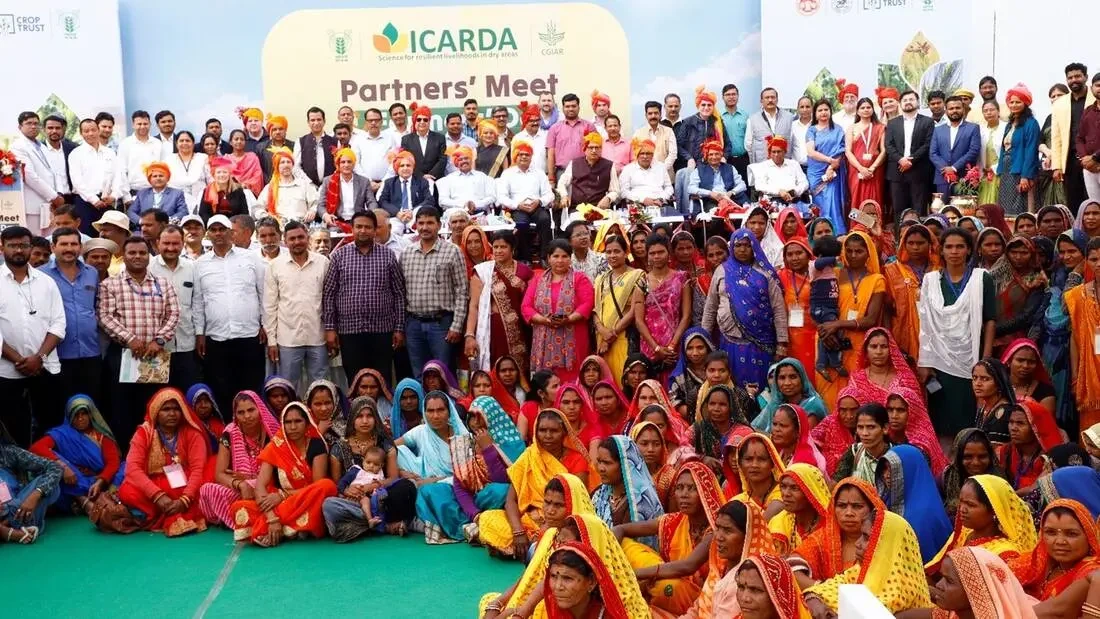
ICARDA plays an important role in generating agricultural science that will boost the resilience of communities affected by conflict. In Afghanistan, Iraq, Libya, Palestine, Sudan, Syria, and Yemen, we are conducting training programs and knowledge-sharing activities with national researchers to ensure expertise takes root in dryland communities as part of their short-term survival strategy and to build long-term resilience.
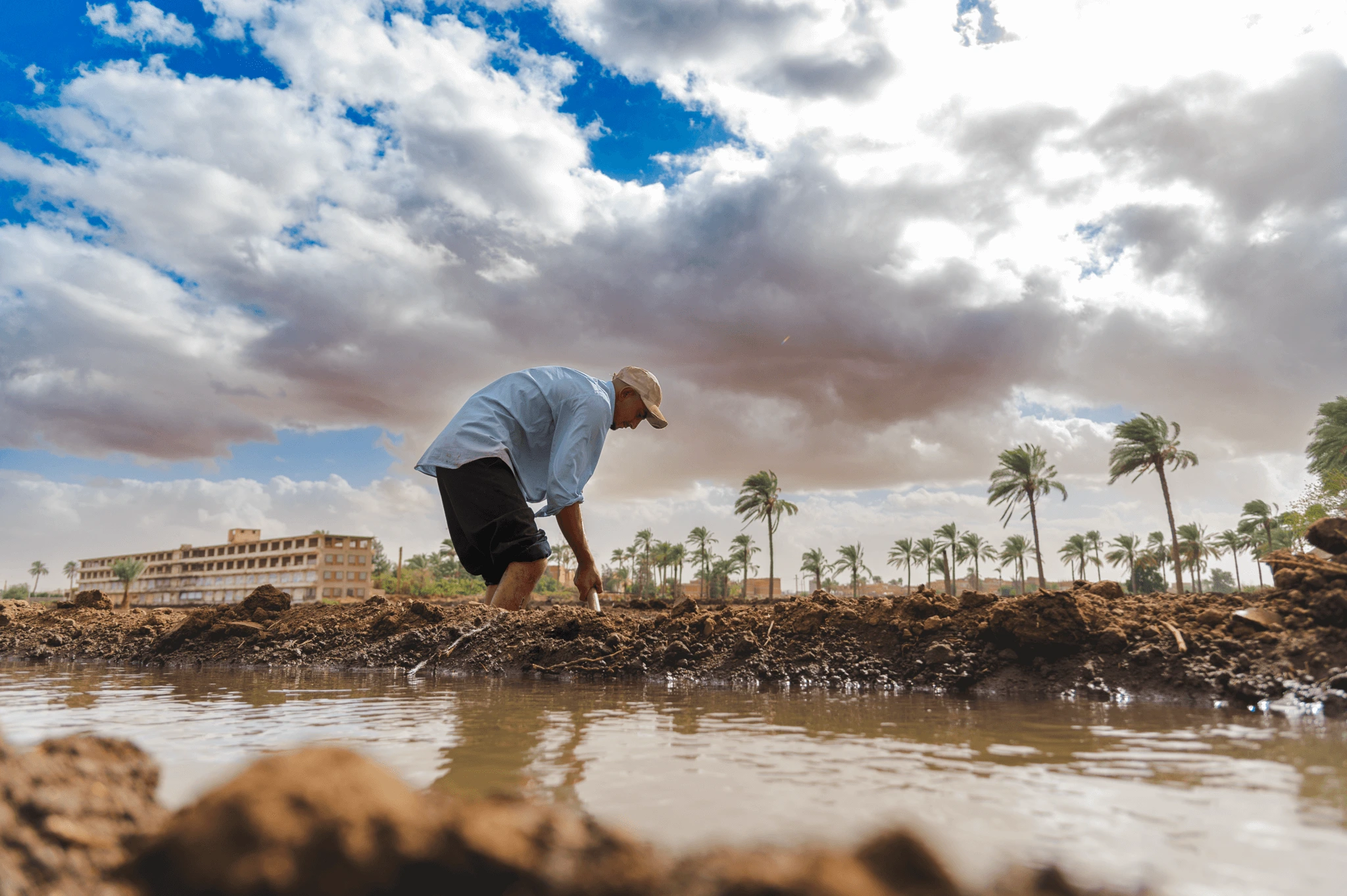
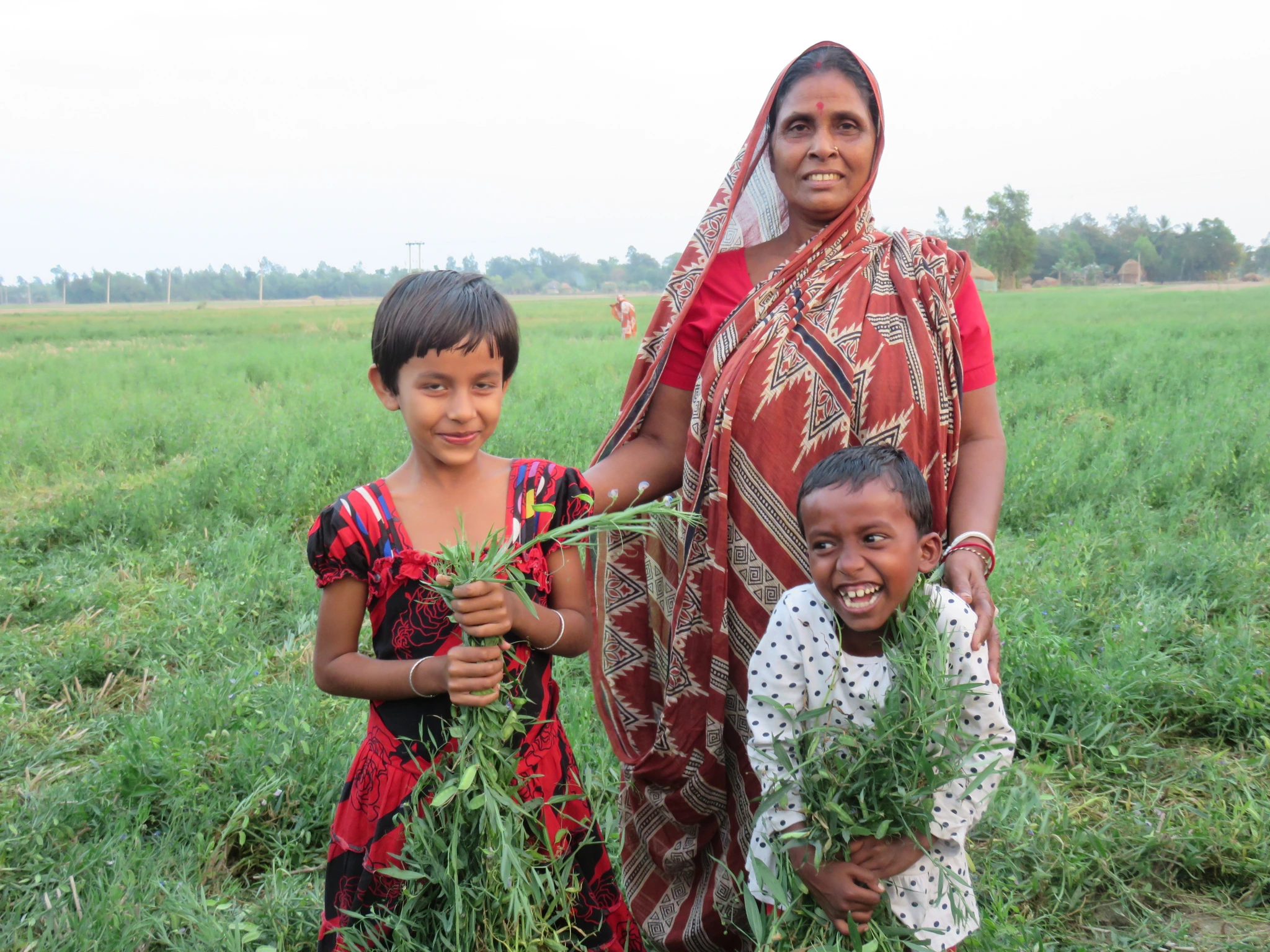
The Standing Panel on Impact Assessment, an independent panel of experts appointed by the CGIAR System Council, completed a country-wide assessment of the diffusion and adoption of CGIAR innovations in Bangladesh. The study included an analysis of government policies targeting improved market access and diversification of lentils, finding that they had led to wider dissemination of improved varieties, including newly released ones.
As part of a Japan-funded initiative with the Food and Agriculture Organization of the UN (FAO), Egypt, and the Egyptian Ministry of Water and Irrigation, ICARDA launched the GeoAgro-MiSR app, which combines geospatial technology and agricultural management practices to better inform farmers on decision-making. In April, ICARDA held training workshops for 35 facilitators and field coordinators from FAO to support 1,500 Egyptian farmers to adopt the app along with improved agricultural approaches and technologies designed to increase water use efficiency by 20%, while boosting yields and household incomes by a similar amount.
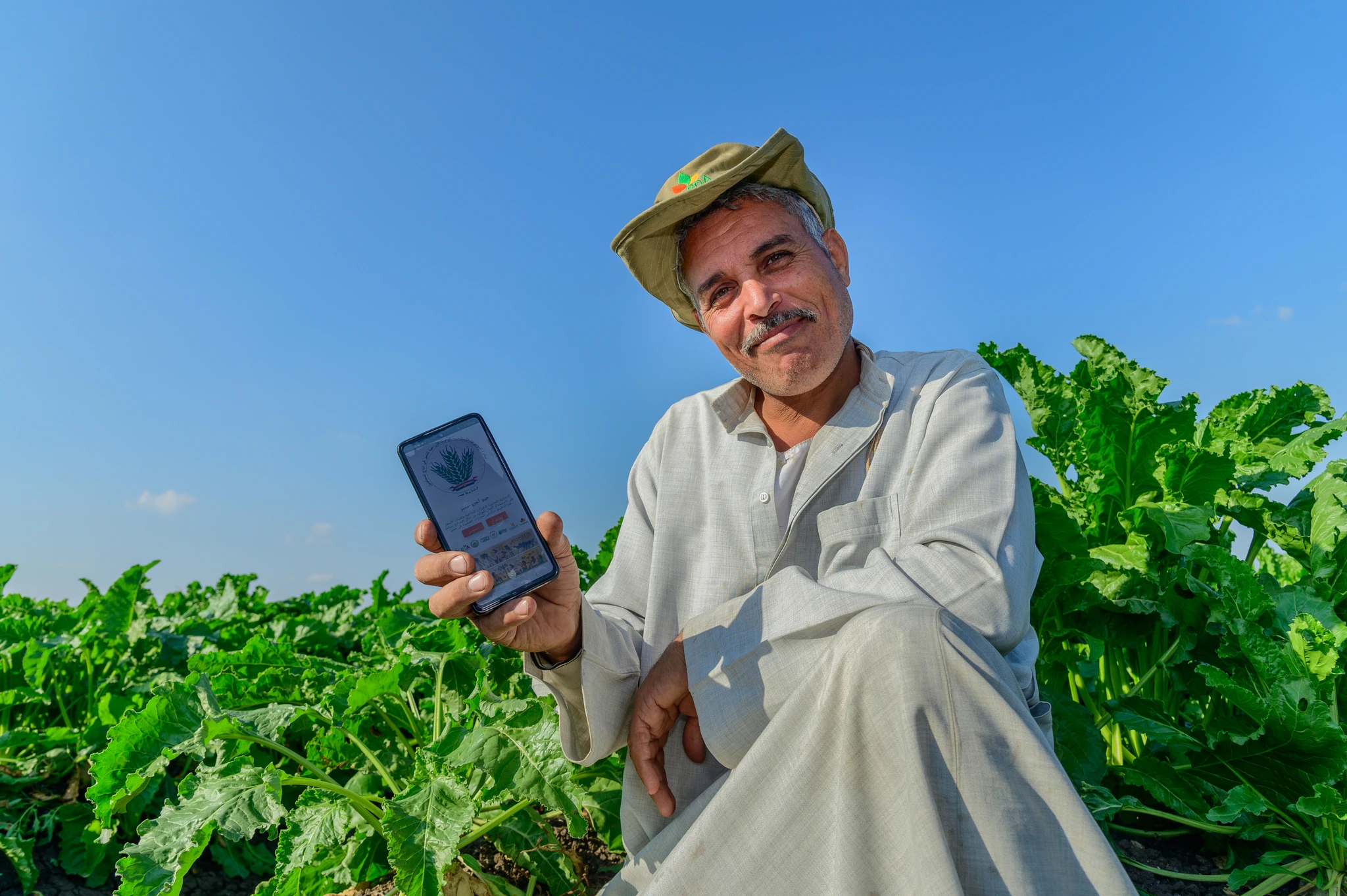
In late 2024, ICARDA conducted a five-day training workshop on Genome-Wide Association Studies (GWAS) – a method used to identify genetic variants to discover climate-smart traits. The primary goal of the training was to strengthen the research capacity of young scientists and students in Jordan as part of the country’s efforts to improve the use of its genetic resource collections and to empower the next generation of scientists. The training workshop was carried out in collaboration with Jordan’s National Agricultural Research Center.
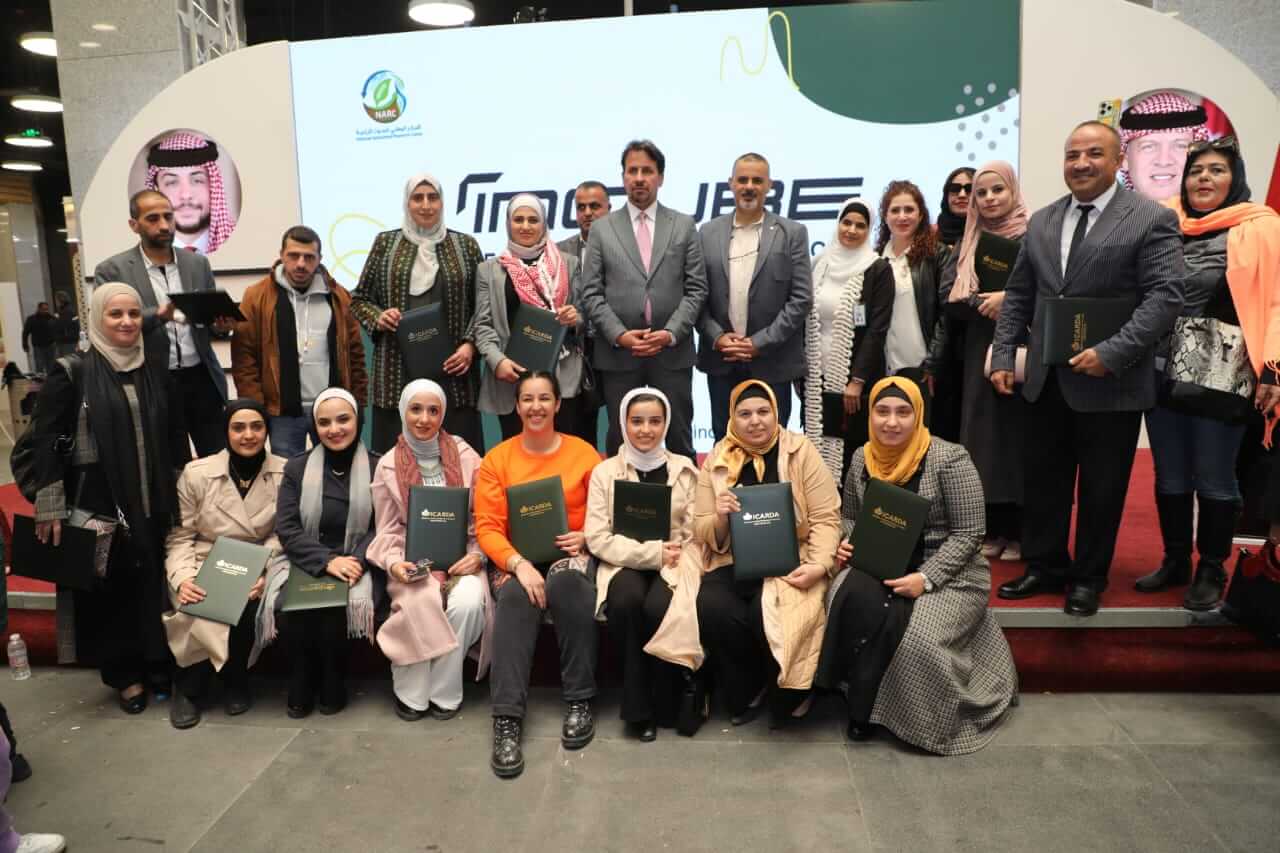
In April, a delegation of master’s students from Japan’s Tottori University visited the Institut National de la Recherche Agronomique du Maroc (INRA)-ICARDA Rainfed Research Platform in Morocco to explore ICARDA’s agri-innovations and research in the location where they are deployed. The visit deepened students’ understanding of dryland agricultural systems with a special focus on Morocco and its diverse agricultural ecosystems. Participants gained hands-on experience in groundbreaking agricultural practices, engaged with key stakeholders, including farmers and researchers, and observed the vital role of ICARDA/INRA’s advanced research facilities for tackling today’s agricultural challenges.
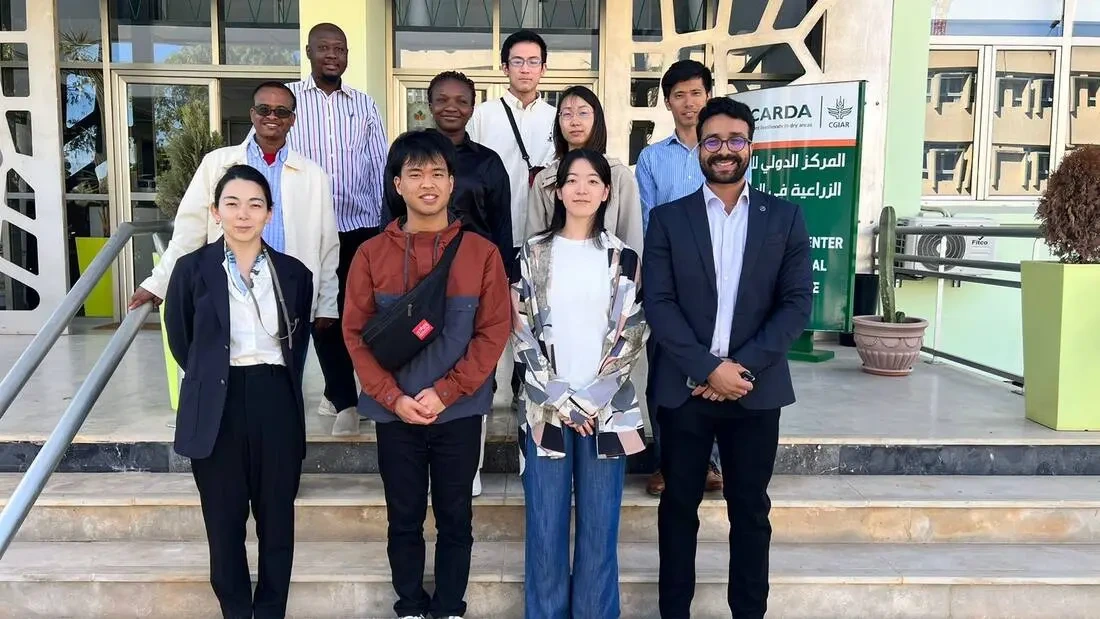
ICARDA promotes workplace gender equality, and we are proud to focus on women and youth empowerment as one of our cross-cutting research themes, both in dryland communities and in encouraging more women to pursue science careers. Diversity in science and research is the key to achieving our goal of identifying transformative approaches that enhance women’s productivity, food security, and income opportunities to eradicate gender-based inequalities.
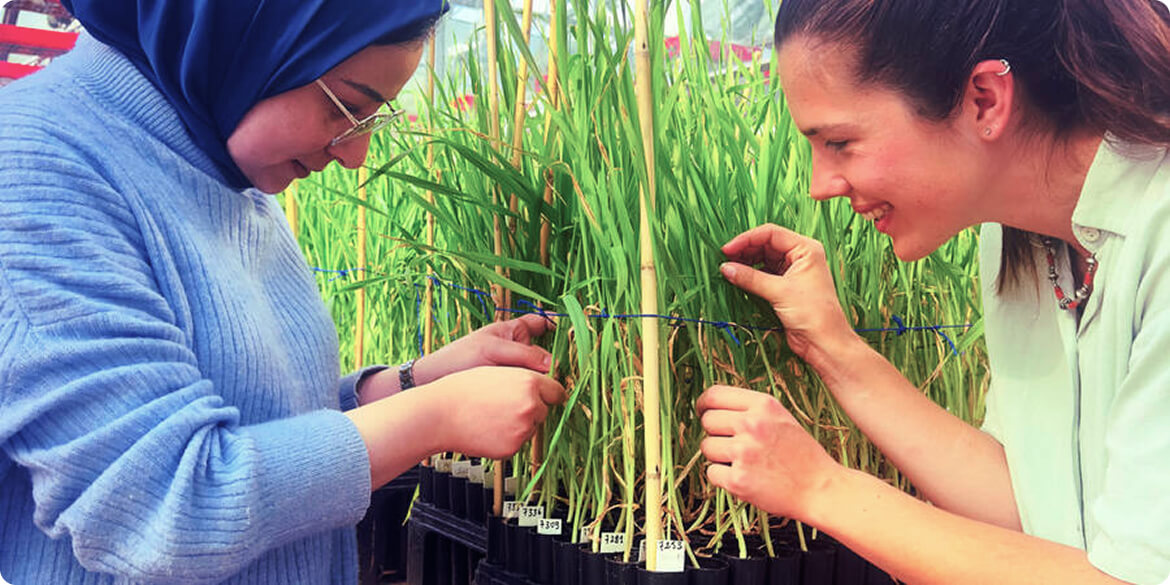
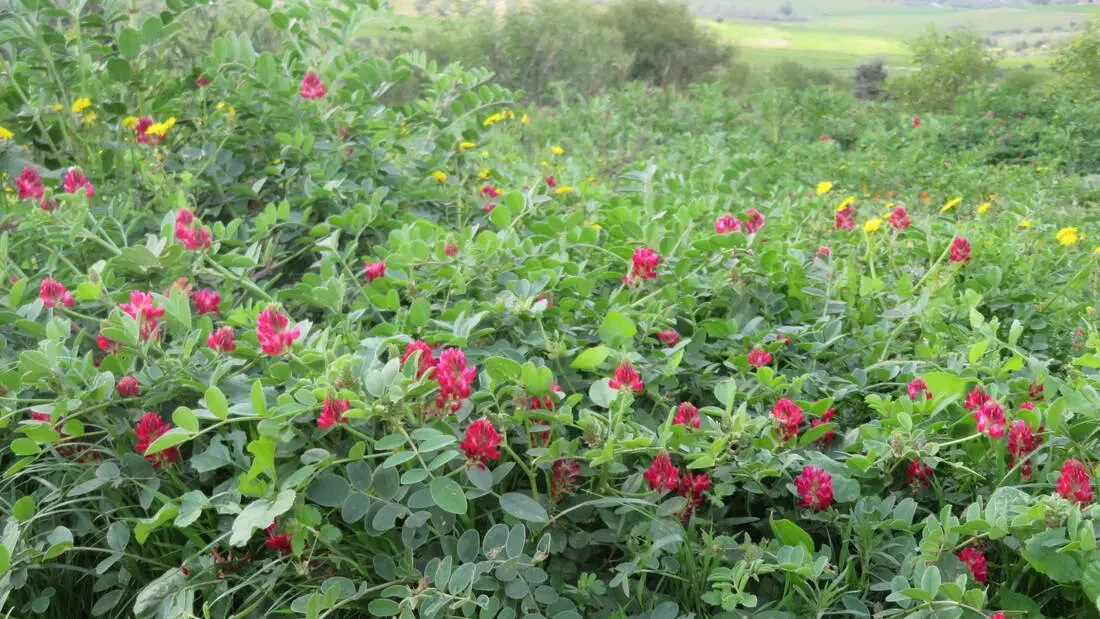
ICARDA’s groundbreaking Analysis Pack for Economics of Land Degradation equips decision-makers with the tools to assess the financial value of ecosystem services lost due to degradation, estimated at between USD 6.3 to 10.6 trillion in global annual agricultural productivity losses. These figures offer critical insights, guiding targeted interventions by assessing the economic returns of different restoration interventions.
It is critical that ICARDA can carry out institutional and project-level monitoring, evaluation, and learning to find the best ways to deliver our mission. The Monitoring, Evaluation, and Learning (MEL) Platform helps us do this by tracking, storing, and communicating important data and indicators, for example, to guide our capacity development and gender inclusion work. The Platform expanded its scope in 2024 with growing use by the International Water Management Institute (IWMI) and WorldFish, and by new adopters such as the Institut National de la Recherche Agronomique du Maroc (INRA) in Morocco.
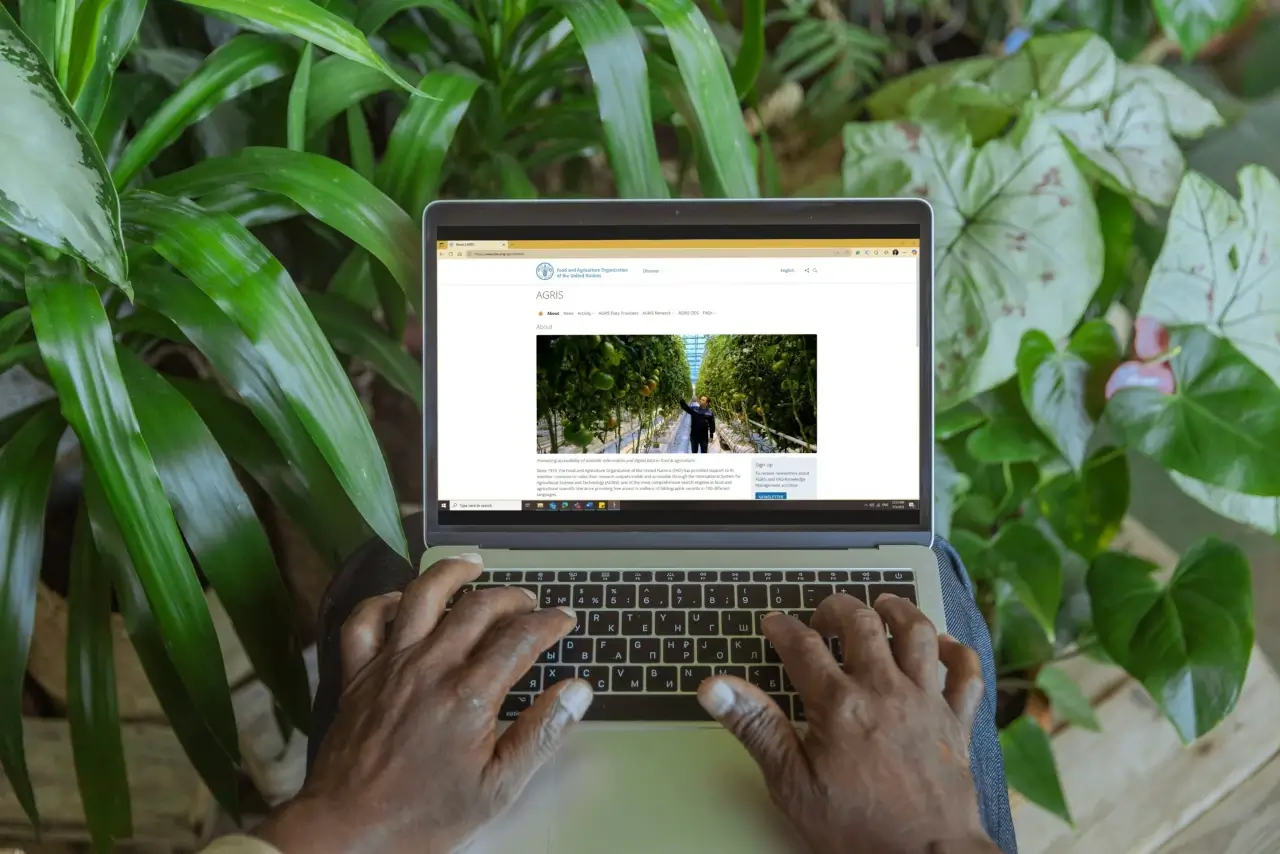
A three-year project to partner with the Food and Agriculture Organization of the United Nations (FAO) to improve the interoperability of the International System for Agricultural Science and Technology (AGRIS), one of the most comprehensive search engines in food and agricultural scientific literature. AGRIS provides free access to more than 13.5 million bibliographic records in more than 90 languages and facilitates a worldwide network with hundreds of organizations contributing knowledge and data.